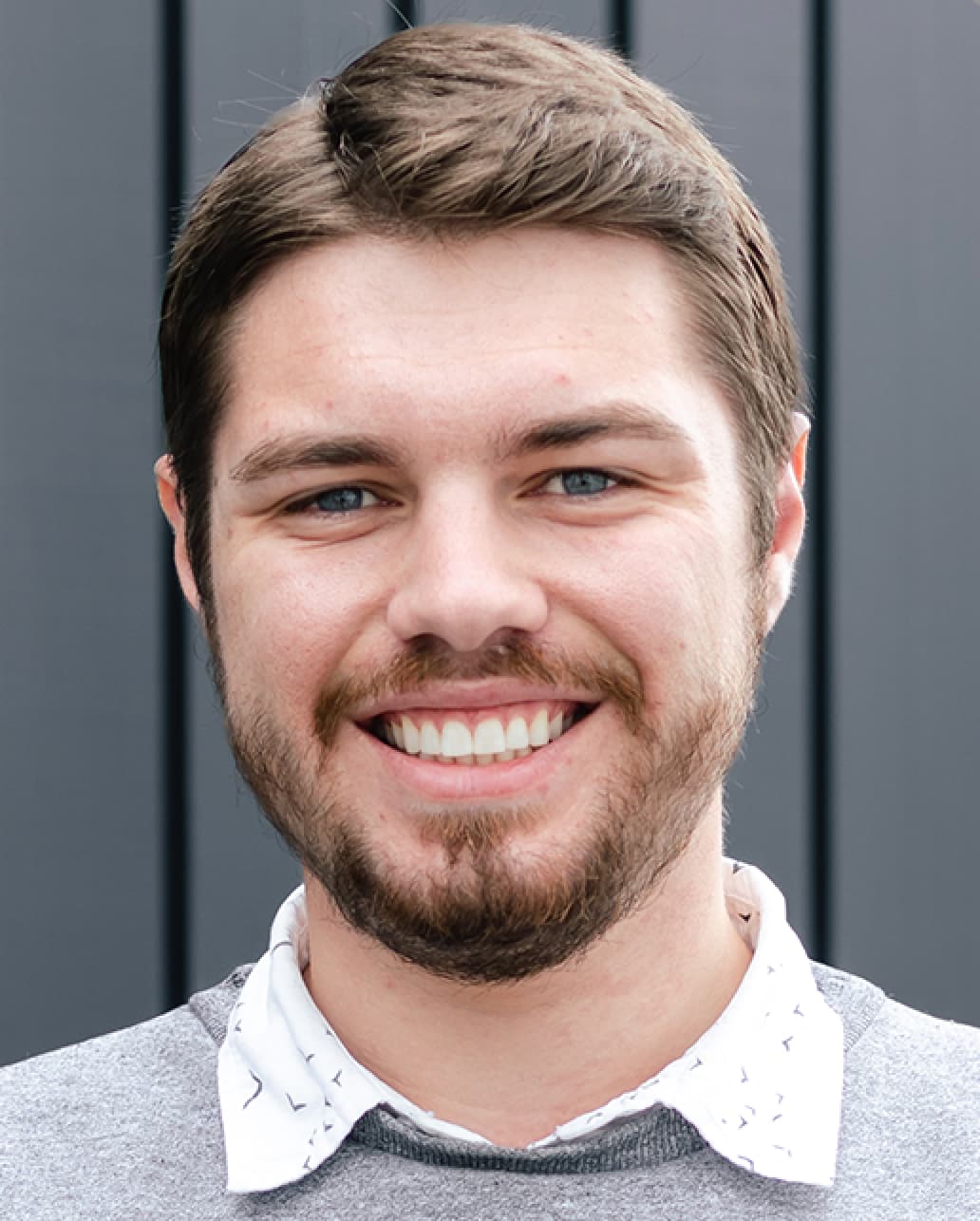Papakāinga brings ‘sense of belonging’

Zara Alen and her son, Te Kou-o-Rehua, 12, are loving living in the new papakāinga behind Te Āwhina Marae. Photo: Max Frethey.
Five months after the first of 20 homes in a new papakāinga at Te Āwhina Marae were blessed, more than half are now lived-in and the end of the multimillion-dollar project is in sight.
Zara Alen (Ngāti Porou) lives in one of the homes with her partner and four children.
“Honestly, I had my doubts, I was a little bit nervous because I’m quite a private person,” she says.
However, that nervousness melted away as soon as they pulled up to move their belongings in and met her new neighbours.
“They were listening to Māori music, and I just felt this overwhelming sense of belonging and I actually cried,” she says. “It was just so awesome to feel that, because I’ve never felt like that.”
Zara is originally from Gisborne. She was brought up in a house bus and was constantly on the move and has also lived overseas for several years. Now, she’s happy to have established herself in Motueka at the papakāinga.
“It feels like home here, and being around all the whānau, it’s just a great a vibe.”
The bulk of the $15-million development is now complete, with the finishing touches and landscaping being the only outstanding work which is due to be completed by the end of March.
Of the 20 affordable rentals in the papakāinga, 12 are currently being lived in, with the other 8 having been tenanted and expected to be filled in the coming weeks.
It’s a weight off Zara’s mind knowing her kids are being raised in the papakāinga.
“My three-year-old goes out the door as soon as she wakes up, and her auntie… lives just over there and she just walks to her house,” she says.
“I just know that she’s safe and we all get along.”
Her children love living at the papakāinga as well, with 12-year-old Te Kou-o-Rehua (Ngāti Rārua, Te Ātiawa) saying “it’s amazing”.
He’s made friends with some of the other kids who live in the papakāinga – which will soon be home to 35 children – and plays soccer with them.
“Sometimes I can hear my uncle singing from next door, kapa haka from over there, so yeah, it’s just a cool vibe.”
That intergenerational aspect is central to the papakāinga development for whānau engagement coordinator and tenant Rōpata Stephens (Ngāti Rārua, Te Ātiawa).
“It’s already happening, where you see these tuakana-teina – the older looking after the young ones… it’s happening normally, naturally,” he says.
“We’ve got to turn back the clock and reconnect with each other… It’s the village that will raise the child.”
And with so many children in the development, located on their ancestral whenua (land), it was important that the papakāinga acknowledged and celebrated their heritage.
“Everywhere along the journey, we tried to indigenise some of our structures and forms,” Rōpata says.
“It’s a chance to share our stories in an easy way. It will become their norm, they won’t have to go to a marae to learn that, they’ll be living it.”
For Zara, the benefit of the approach that celebrates mātauranga Māori (Māori knowledge) is already being felt.
“Being around the whānau, all of us, having a conversation, being a part of the same thing, moving together – I feel part of that movement, so I feel support and that’s made me feel more confident being Māori and being proud to be Māori.”
The papakāinga is part of a larger $28 million marae redevelopment plan which includes the construction of a space for a trades and technology hub with accommodation, a new wharekai, wharenui, and office and auxiliary buildings.

